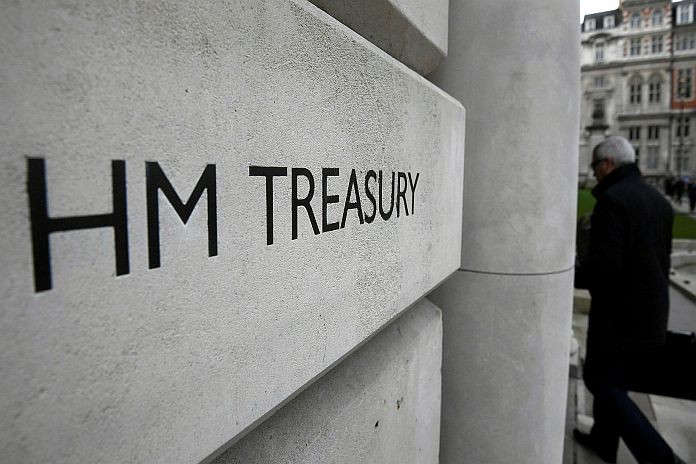By Caribbean News Global ![]()
ENGLAND / CANADA – Speaking at the Convention on Biological Diversity (CBD) COP15 environmental conference in Montreal, Treasury Lords Minister Baroness Penn announced £7.2 million for a new International Nature Positive Economy Programme.
“The degradation of nature constitutes a risk to the world’s economic and financial security, as well as to the well-being and food security – for example a lack of soil biodiversity or access to potable water can pose a risk to crops. Loss of forests, peatlands and other critical ecosystems poses a direct threat to economic development, particularly in low and lower-middle-income countries,” said HM Treasury.
Working with developing countries, the programme will help embed nature-positive decision-making within governments, banks, businesses and financial institutions. This will help protect and restore nature in these countries, drive sustainable economic development and protect the poorest communities.
Treasury Lords Minister Baroness Penn, said:
“Nature is a key underpinning of the global economy and failing to reverse biodiversity loss could have major knock-on effects for development, food security and health.
“By helping countries put nature at the heart of their decision-making, we’re building a sustainable global economy that also protects the world’s poorest communities.”
The Nature Positive Economy programme aims to ensure:
- Private Sector Disclosure Readiness: private sector entities in low and lower-middle-income countries – including financial institutions, businesses, and policy-makers – will have the tools they need to understand and manage nature-related financial risk. In particular, the programme will ensure that key institutions have the tools and capacity to respond to growing demand to disclose nature-related financial risk.
- Integrating nature at country level: government and regulatory decision-makers in low and lower-middle-income countries will have the knowledge, skills and data to design and implement policies and programmes that will help to manage nature-related risks, unlock new nature markets, and rebuild natural capital.
- Action Plans for Nature: partner governments will develop clear and comprehensive plans to finance the protection and restoration of nature. These plans will act as platforms to mobilise and guide both public and private financial flows.
- Evidence-Sharing Mechanisms on Nature: better evidence will be available to, and used by, decision-makers in low and lower-middle-income countries to guide their work. The programme will help to build the evidence about how to best integrate consideration of the natural environment into economic and financial decision-making. It will also help decision-makers in governments and the private sector to access and use that evidence easily by building communities of practice and robust approaches to sharing knowledge and information.
The Nature Positive Economy programme will be delivered in partnership with the UN DP’s Biodiversity Finance Initiative (BioFin) and Financial Sector Deepening Africa (FSD Africa).





